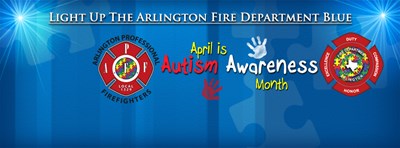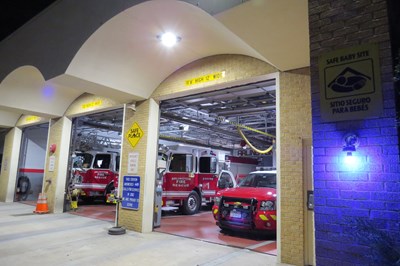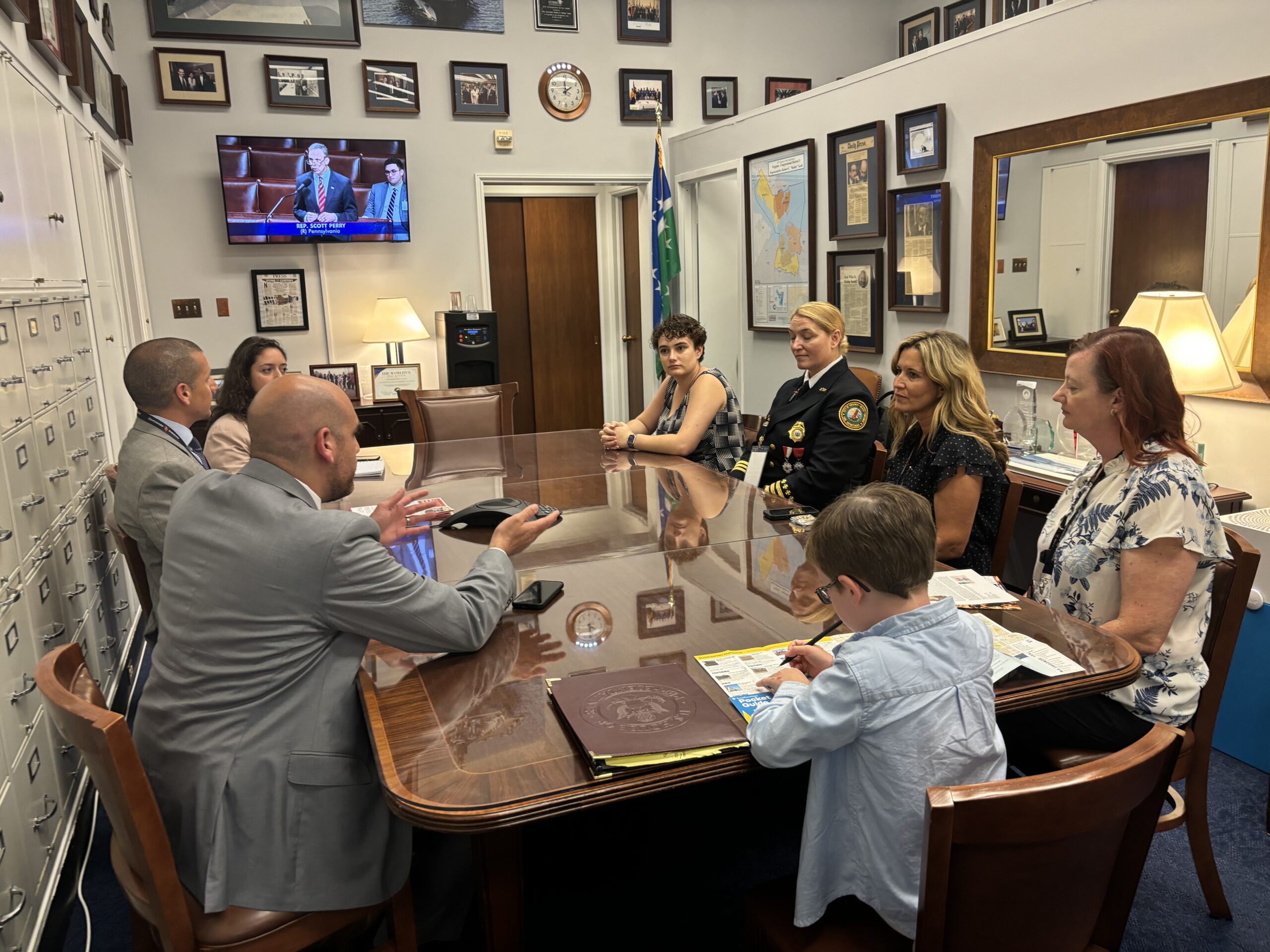 For the month of April, members of Arlington, TX Local 1329 changed the lights in all 17 fire stations to blue to show their support for Autism Awareness Month.
For the month of April, members of Arlington, TX Local 1329 changed the lights in all 17 fire stations to blue to show their support for Autism Awareness Month.
The idea was Local 1329 member and 1st Vice President Jayson Wittmayer’s, whose son has high-functioning autism.
“My wife and I try to educate ourselves about autism so that we can raise our son better, but we also try to educate other people. The public is often confused as to what it means to be autistic. They don’t know how to react to or understand those diagnosed with autism,” he says.
Last year, Wittmayer approached his own department about the idea of changing the station lights from red to blue in April for Autism Awareness Month. His idea was a big hit after changing the lights at just one station. He took his request to the Local 1329 Executive Board and soon a plan was in motion to change the lights at all 17 stations.
“I found out that nine of our local members have children with autism, ranging from high-functioning to low, non-verbal autism. The Centers for Disease Control estimates that one in 68 children will be diagnosed with autism, and this accurately represents the percentage in our local,” says Wittmayer.
With the support of a local Batteries Plus (which provided the bulbs at cost), Local 1329 and the Arlington Professional Fire Fighters Charitable Foundation, all 17 stations (and the Public Safety Headquarters) switched to blue lights in April.
“Autism is a part of our family, and this campaign has supported not only our fire fighters but the community as a whole,” says Local 1329 President David Crow. “There has been a tremendous outpouring of support to bring more awareness to autism, and we are really pleased with how this effort has grown.”

“With an autistic patient, depending on their level of functioning, it is really hard to get a clear picture of what is going on,” says Wittmayer. “With this increased awareness, we can start finding solutions and ways of understanding the autistic individual.”
This year’s campaign was a big success, and Wittmayer says there is talk of doing blue T-shirts next year to show support. “I’m very humbled by how much the members embraced this,” he says. “It’s been a really awesome experience for me and my family.”



